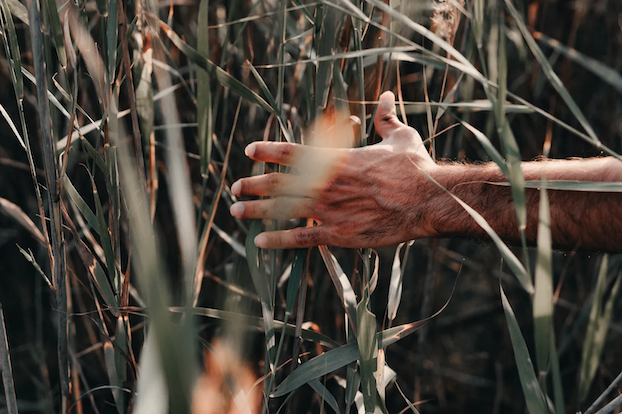"This is in the end the only kind of courage that is required of us: the courage to face the strangest, most unusual, most inexplicable experiences that can meet us." Rilke1
CPA member Chris Robertson is a retired psychotherapist, climate psychology author and co-founder of Re-Vision psychotherapy training with a soulful perspective where, with others, he ran a six month ecopsychology course (2010). He has written a two part essay for Unpsychology Voices on the psychological and cultural implications of “Being on the Cusp”, and the psychological challenges (and practices) of “Facing Difficult Truths2”. Please follow the link below the article to read the full text. A taster is shared here:
If we can imagine water molecules being aware of being at a phase transition from the solid crystals of ice to slowly melting into liquid, we could imagine their trepidation at this loss of structure. In this writing I make the conjecture that our culture is in just this type of transit, a cusp in which both little and everything seem to be happening. I explore the psychological challenges of Facing difficult truths2 as thick with tricky dilemmas that hold the complexities of the climate emergency, the possibility of non-being with the sixth great extinction along with the psychopathology of our dissociated western reality. Intrinsic to these dilemmas are symbolic and literal death. These are ruptures of the abnormal ‘normal’, the false world, we inhabit; how dying before we literally die may give permission for being in and with the cusp we are navigating, so catalysing a transformation of our cultural reality.
[1] Rilke, R ( 2012) Rilke Letters to a Young Poet. London: Penguin
[2] CPA’s strap line


